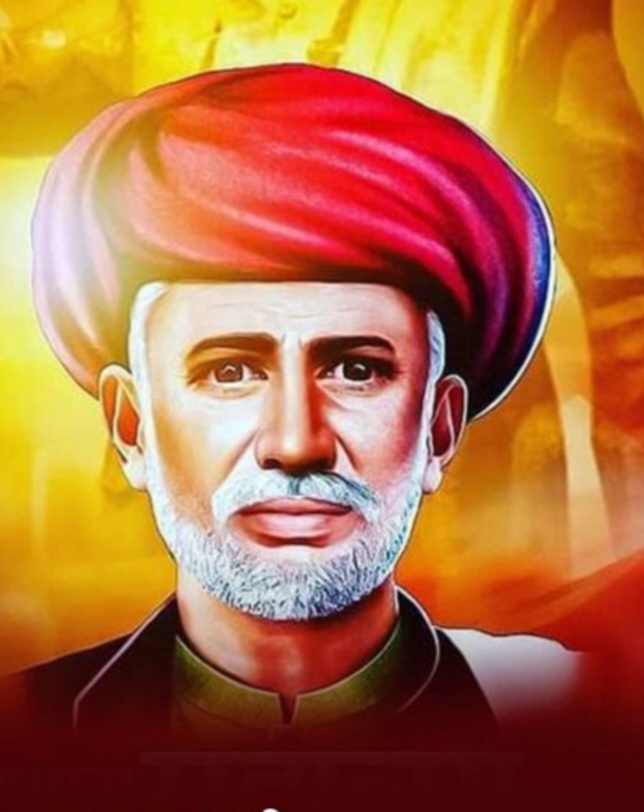
Tribute to Mahatma Jyotirao Phule on His Birth Anniversary
— Pioneer of Social Reform, Education, and Equality in India
M V Mourya
The birth anniversary of Mahatma Jyotirao Phule, one of India’s greatest social reformers and champions of human rights, was observed across the country with reverence and reflection. Various educational institutions, social organizations, and community groups paid rich tributes to Phule’s tireless efforts to uplift the oppressed and promote equality through education and social justice.
Born on April 11, 1827, in Katgun village of Maharashtra, Jyotirao Phule emerged as a revolutionary thinker and reformer who challenged the deeply entrenched caste system, gender inequality, and orthodox religious practices that marginalized large sections of society.

A Crusader for Education and Equality
At a time when education was considered a privilege of the upper castes, Phule broke social barriers by opening the first school for girls in Pune in 1848. Along with his wife Savitribai Phule, who became India’s first woman teacher, he began a movement that aimed to bring education to those who had long been denied it—women, Dalits, and the economically backward.
He firmly believed that education was the ultimate weapon to fight social discrimination and economic oppression. Through his writings, speeches, and activism, he promoted the idea of a just society based on equal opportunity, compassion, and rational thinking.

Founder of Satyashodhak Samaj
In 1873, Phule founded the Satyashodhak Samaj (Society of Truth Seekers) to fight against caste discrimination and promote the rights of the oppressed. The organization rejected Brahmanical dominance, questioned religious dogma, and encouraged critical thinking among the lower castes. It worked towards widow remarriage, abolition of child marriage, and protection of women’s rights.
Phule stood firmly against untouchability and fought for the dignity of manual workers, farmers, and socially excluded communities. He advocated for universal human rights, emphasizing that no person should be treated as inferior due to their birth or background.

Literary Contributions
Phule’s written works continue to inspire generations. His book “Gulamgiri” (Slavery), published in 1873, was a scathing critique of caste-based oppression and drew powerful parallels between the condition of India’s lower castes and the African-American experience of slavery. His other works include Tritiya Ratna, Brahmananche Kasab, and various essays and speeches that called for reform and resistance.
Legacy
Mahatma Phule passed away on November 28, 1890, but his ideals remain deeply relevant. He is regarded as the father of India’s social revolution and an inspiration for later reformers and movements. His life’s mission—to ensure education, justice, and dignity for all—continues to guide efforts to build a more inclusive and equitable society.
On his birth anniversary, people across the country recall his profound contributions and reaffirm their commitment to his vision of an enlightened and egalitarian India.
“The ultimate aim of all reform must be to ensure equal dignity for all human beings.”
— Mahatma Jyotirao Phule


